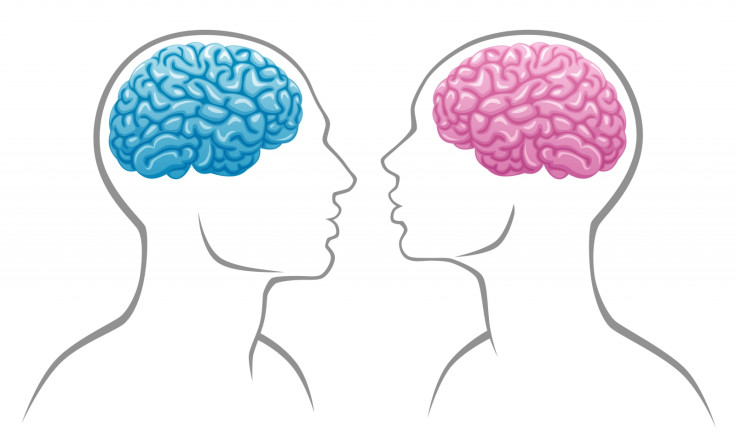How depression affects the brains of men and women differently
Study authors say the findings could pave the way for the development of sex-specific treatments.
Depression has a different impact on the brain activity of male and female patients, scientists have shown. This may help explain why the disease manifests itself differently in boys and girls, and puts researchers on the path to finding better, sex-specific treatments.
Depression occurs more frequently in women and as such female depression has traditionally received much more attention than male depression. These difference in incidence rates are particularly visible during adolescence, when girls are twice more likely to be depressed than boys.
In recent years however, scientific interest in understanding male depression has grown, as consequences of depression can be extremely severe for boys. This has led researchers to recognise the need improve the situation of male patients.
"The consequences of depression are different for boys, they are more likely to commit suicide or to suffer substance abuse than girls. This is seen in adolescence but also in adults. Boys also tend to suffer from more persistent depression, while in girls, the symptoms go on and off," Jie-Yu Chuang, a researcher at the University of Cambridge, told IBTimes UK.
"So it's important to investigate male depression in greater depths and we wanted to look at whether neurological differences could explain the differences we see".
The results of her investigations are now published in published in Frontiers in Psychiatry.
Different brain activity
With her colleagues, Chuang decided to study the brain activity of depressed adolescents – both male and female – when they were exposed to happy or sad words. They hoped to see different patterns of activity that would help them explain why the sex differences observed in depression.
The scientists recruited adolescents between the age of 11 and 18 years old to participate in their study. This included 82 girls and 24 boys with a diagnosis of depression and healthy controls – 24 girls and 10 boys.

They instructed them to perform a task which involved looking at flashing 'emotional' words' with a happy, sad or neutral connotations, on a screen. Participants had to press a button when specific words appeared. All the while, the researchers monitored their brain activity with fMRI scans.
The scientists discovered that there were different patterns of brain activity in boys who suffered from depression compared to girls who suffered from depression when they performed the same task. There were differences between the brains of boys and girls in the control group as well, but they were much less visible.
These findings suggest that in adolescence, depression might affect the brain differently between boys and girls, although more research is needed to characterise these differences in greater details. Although the brain regions highlighted in the study have been previously linked to depression, it's not clear why they are affected differently in depressed boys.
Chuang says the study could have implications for how depression is treated in boys. "We wanted to understand the differences between boys and girls so that we can start developing sex-specific treatments. When you look at all of the research that is published about depression, most of it is about women but the outcomes of depression can be much worse for boys. So it's really important to find better treatments for them. By identifying neurological differences between boys and girls, we can help find the treatment against depression that are better adapted for each sex," she explained.
But not all scientists agree with her that sex-specific treatments are needed. "The problem with fMRI studies in general is that unless there are really clear hypotheses at the beginning, the findings may be incidental. This study is based on a small number of participants and an even smaller number of controls so its conclusions are limited. The data is insufficient to conclude that we should offer different treatments to boys and girls," Dr Rory Conn, from the Royal College of Psychiatrists, told IBTimes UK.
"As psychiatrists, the treatments we offer our patients are based on their clinical symptoms, not on the results of brain scans and there is no evidence that boys respond differently to than girls to our two key interventions in depression – talking therapies and antidepressants."
"What we need to do next is not necessarily another fMRI study, but to think about whether we are asking ourselves the right clinical questions. It would be good to better understand why there are different rates of depression between girls and boys and why they are affected by different symptom types. Is being female a vulnerability factor for depression, or is being male protective? Or are we just not picking up cases of depression in boys? Maybe it's more a societal problem than a biological problem that we need to address," he added.
© Copyright IBTimes 2025. All rights reserved.






















